Is emotional contagion friends secretly shaping your mood without you realizing it? Simply put, emotional contagion is the phenomenon where emotions spread from one person to another, often unconsciously, and in tight-knit friendship groups, it can be a powerful force. Whether it’s catching a friend’s anxiety before a big event or riding the high of their excitement, these shared feelings can impact mental health and group dynamics. Understanding this ripple effect is key to fostering healthier connections in 2025.
What Is Emotional Contagion in Friendships?

Emotional contagion refers to the transfer of emotions between individuals through verbal and non-verbal cues. In friendship circles, this happens fast—think of a friend’s laughter sparking your own or their stress rubbing off during a tough conversation. Research from the University of Hawaii highlights how facial expressions, tone, and body language play a role in this process, often without conscious awareness University of Hawaii News. It’s a natural human response, wired into our social brains.
Why Friends Are Prime Conductors
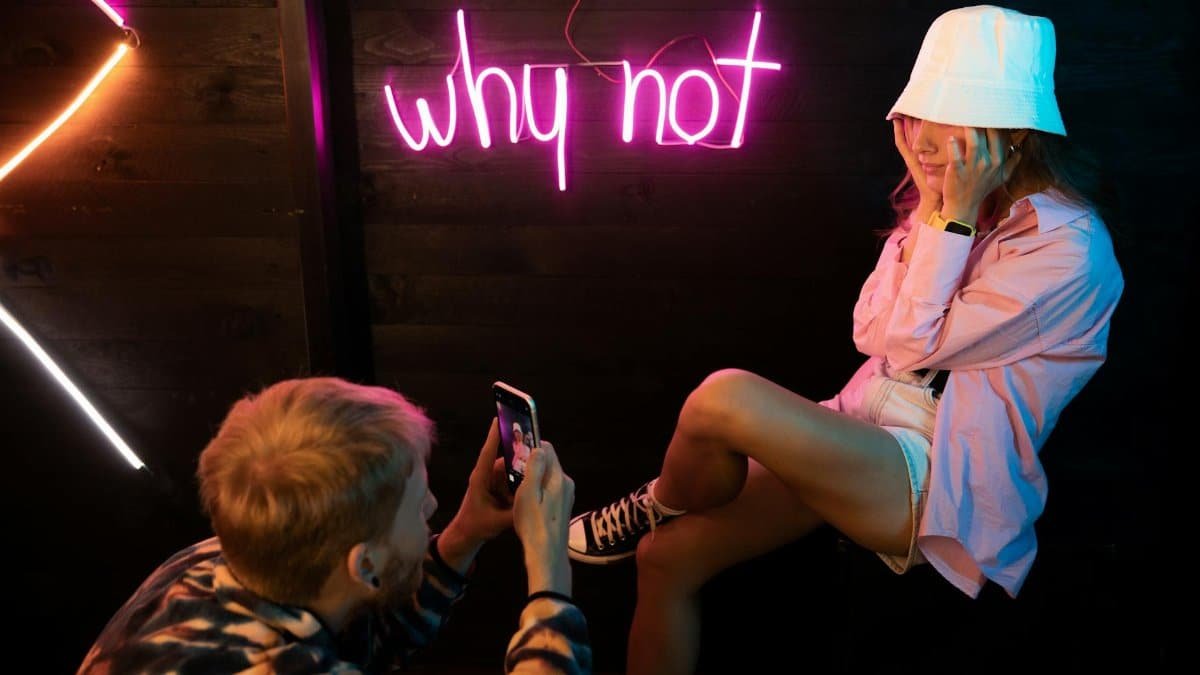
Friends are often the people we’re most emotionally open with, making them ideal conduits for emotional contagion. Unlike casual acquaintances, close pals share deeper bonds, amplifying the impact of shared joy or distress. When a friend vents about a bad day, you might feel their frustration as if it’s yours. This mirroring effect strengthens empathy but can also weigh heavily if negative emotions dominate.
The Positive Side of Emotional Spread
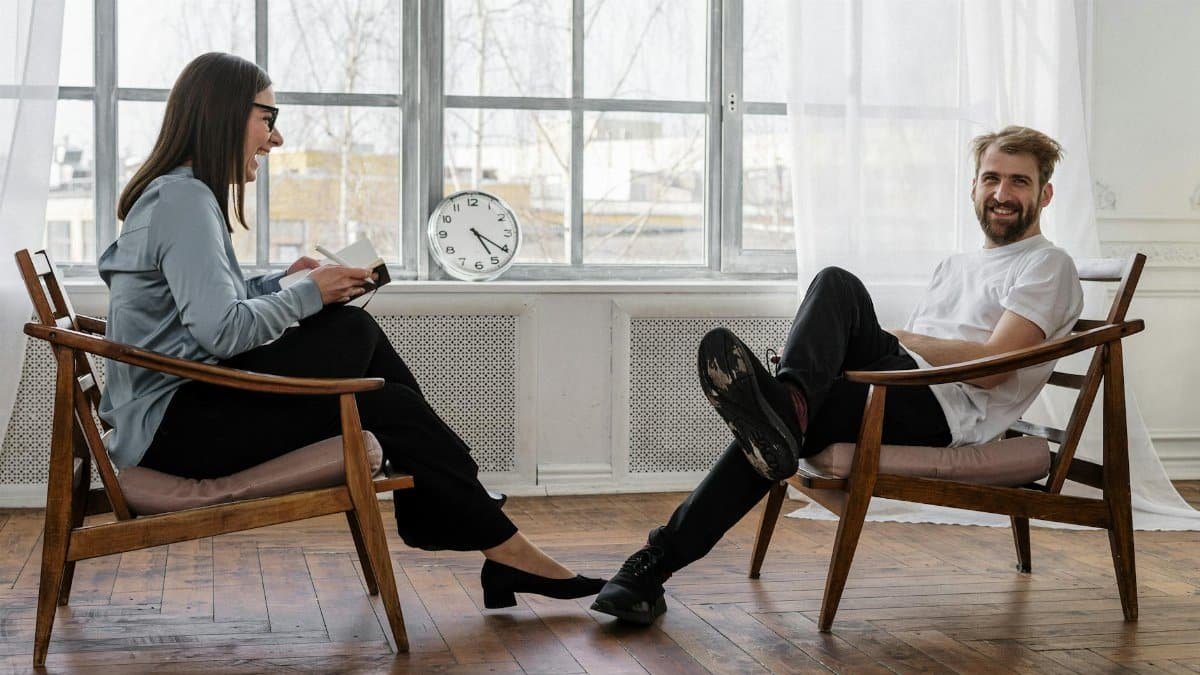
Not all emotional contagion among friends is a burden. Shared happiness can lift entire groups, creating a feedback loop of positivity. Think of planning a trip together—one person’s enthusiasm can ignite everyone’s excitement. Studies from the National Institutes of Health show positive emotions can enhance well-being and even improve physical health when spread socially NIH News. It’s a natural mood booster.
The Downside: When Negativity Takes Over
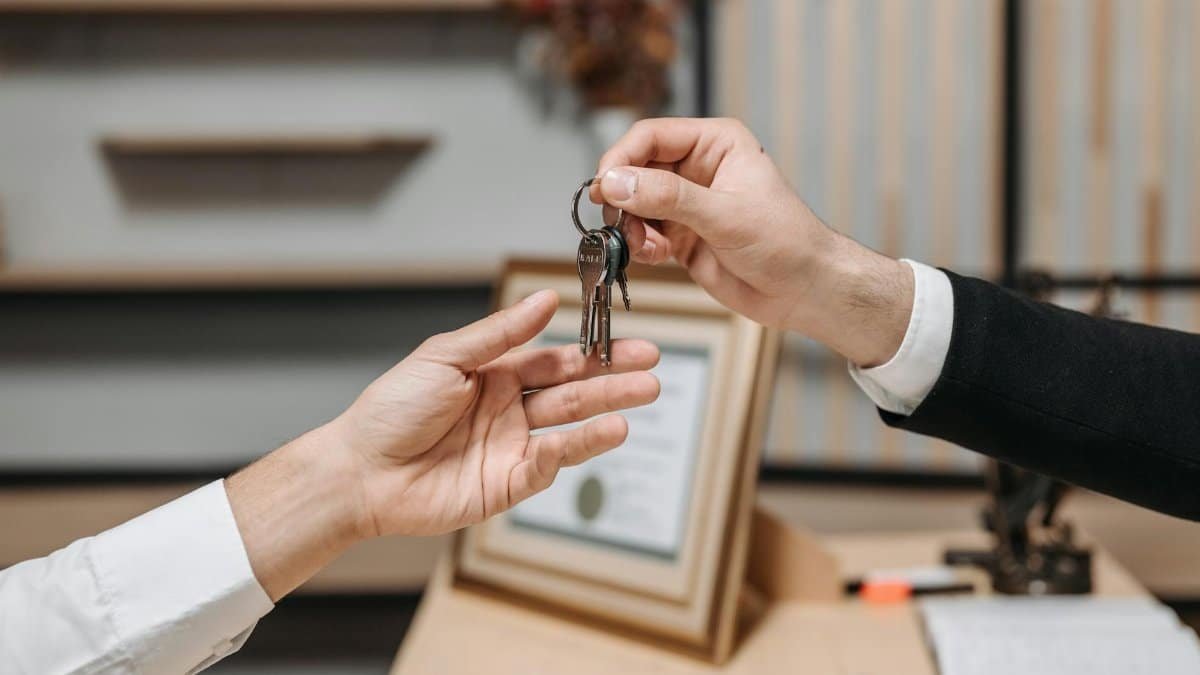
On the flip side, negative emotions like anxiety or sadness can spiral through a friend group just as easily. If one person is constantly stressed, others might start feeling on edge too. This can strain relationships, especially if the group lacks tools to address it. Recognizing when you’re absorbing a friend’s gloom is the first step to protecting your own mental space.
How to Spot Emotional Contagion in Action
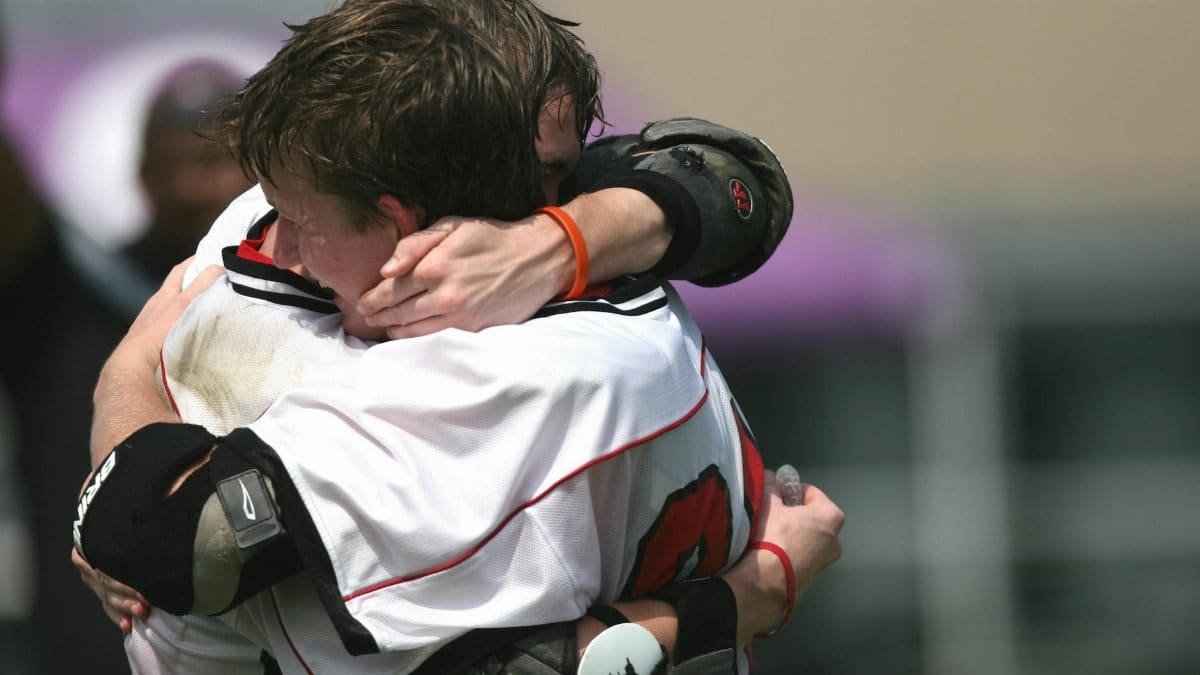
Notice sudden mood shifts after hanging out with certain friends? That’s a clue. Pay attention to physical cues—tight shoulders mimicking a tense buddy or a grin you didn’t start with. Journaling your emotions before and after social interactions can reveal patterns. If you’re consistently drained or overly hyped post-meetup, emotional contagion friends might be at play.
Managing the Ripple Effect

You can’t avoid emotional contagion entirely, but you can manage it. Set boundaries when a friend’s negativity overwhelms—politely step back or redirect the convo. Balance time with uplifting friends to counter heavier vibes. Mindfulness practices, like a quick breathing exercise, can also ground you. The goal isn’t to block emotions but to stay aware of what’s yours versus what’s borrowed.
Building Stronger Bonds Through Awareness
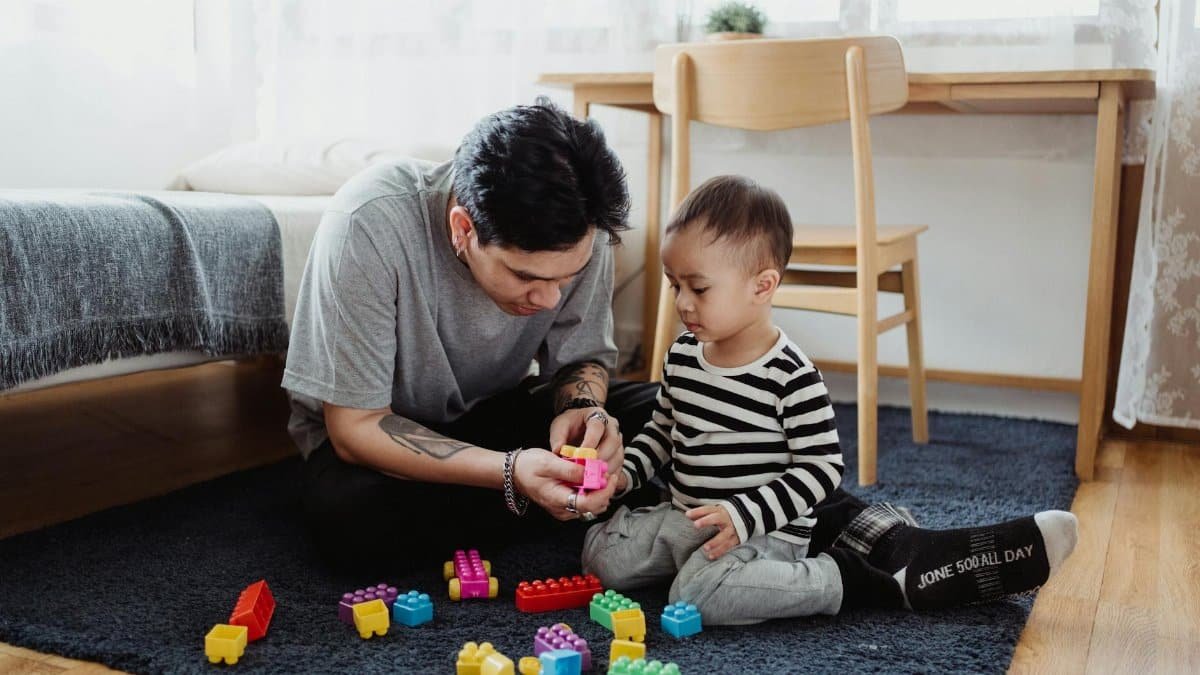
Understanding emotional contagion friends equips you to build healthier dynamics. Openly discuss feelings with your circle to diffuse tension before it spreads. Encourage mutual support—celebrate wins and tackle lows as a team. By staying attuned to these invisible emotional currents, you can nurture friendships that energize rather than exhaust, paving the way for stronger connections in the year ahead.
